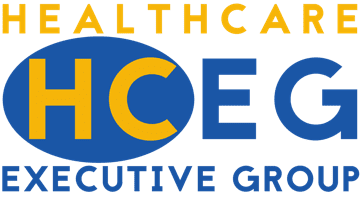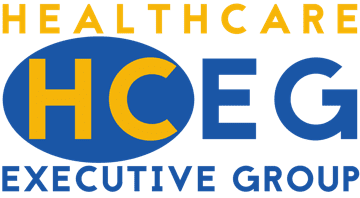
Last week one of HCEG’s sponsor partners, HealthEdge, co-hosted a webinar “Payment Reform: Exploring Technology Implications for Health Insurers” with Medica. The hour long webinar, available here on YouTube, was presented by Andrew Davis – VP & GM of Medica’s Medicare segment and Harry Merkin, VP of Product Marketing at HealthEdge. The webinar addressed the move from fee-for-service to value-based reimbursement models; specifically the underlying technology systems health insurers are using or will soon need to use to avoid left behind. The impact of new MACRA legislation was another topic discussed throughout the webinar and during the Q & A period at the end of the webinar.
Value-Based Reimbursement is Big – And Getting Bigger
The move to value-based reimbursement (VBR) and other business models based on quality and value is dramatically reshaping the U.S. healthcare system and is happening faster than anyone could have anticipated even just a couple years ago. Currently, CMS is on track to have 30% of its reimbursements under value-based arrangements this year in 2016. And CMS is targeting 50% of all its reimbursements to be value-based by 2018 and 75% by 2023.
Agility – Efficiency – Transparency
A survey by McKesson – Journey to Value: The State of Value-Based Reimbursement in 2016 – reveals that 61% of payers and 41% of hospitals expect VBR reimbursement to positively impact their organizations. In order for payers and hospitals to realize positive benefits from VBR, or at least avoid being unduly impacted by new value-based systems in a negative way, these healthcare organizations need to focus on three technology imperatives
Agility – health plans must be able to adapt to new payment models and rollout new benefit designs and lines of business quickly. And they must be willing and able to rapidly share relevant, actionable information with their provider networks.
Efficiency – the increase in administrative and reporting processes demanded by value-based reimbursement dictate that health plans automate key processes to enhance their competitive position.
Transparency – health plans must be able to provide a patient-centered, 360 degree view of their members to the entire care team. Member experience and engagement should no longer be nice to haves.
Additional Insight from the Webinar
The webinar provided a lot of statistics, information and actionable ideas for webinar attendees. The reader is urged to watch the webinar on YouTube where they will be presented with information and ideas like the following:
“MACRA raises a concern about ensuring adoption across all provider types. MACRA is ‘Meaningful Use on steroids’”
“There is widespread concern about conflict and misalignment between quality measures under Medicare FFS and the quality measures proposed MACRA”
“There will be a significant administrative burden managing multiple measure sets needed to comply with existing quality measure reporting programs and MACRA’s new Merit-Based Incentive Payment System (MIPS) – at least as far as these programs are defined today.”
“Larger provider organizations working w/ ACO’s have a significant advantage under MACRA”
“Medicare Advantage is gold standard for effective risk-based contracting in today’s healthcare marketplace”

“MACRA brings a bigger set of carrots and sticks that payers can with providers.”
“MACRA will enable Medicare and Medicaid programs to keep providing healthcare for generations to come”
Other Webinars by the HealthCare Executive Group
The HealthCare Executive Group (HCEG) is a national network of select executives from across the entire healthcare spectrum; coming together to continually learn, grow, share and reshape the healthcare industry. HCEG periodically sponsors webinars such as the one described in this post. For more information on becoming a HCEG member, see Why Join HCEG? on the HCEG website.




